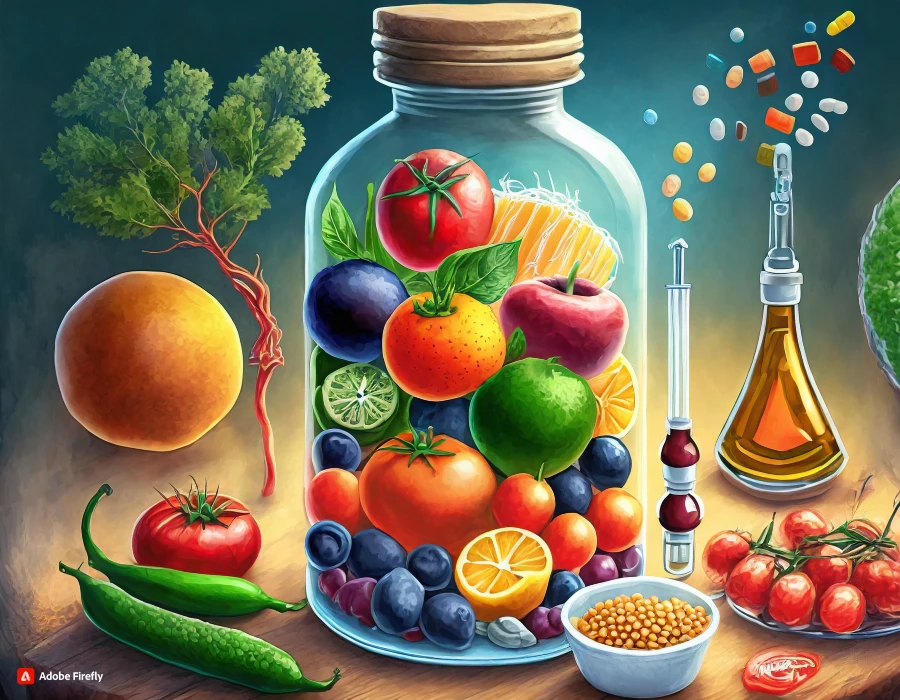In the pursuit of convenience and enhanced food experiences, the use of food additives has become pervasive in our daily diets. However, beneath the allure of longer shelf life and appealing flavors lies a concerning reality – the potential carcinogenic effects of certain food additives. This article aims to shed light on the risks associated with these additives and empower consumers to make informed choices for their health and well-being.
1. Nitrates and Nitrites in Cured Meats:
Nitrates and nitrites are commonly used as preservatives in cured meats such as bacon, ham, and sausages. While effective in preventing bacterial growth and enhancing color, these additives can form nitrosamines, known carcinogens. The consumption of nitrosamines has been linked to an increased risk of various cancers, particularly colorectal cancer. Choosing uncured or nitrate-free alternatives can be a healthier choice for those concerned about these risks.
2. BHA and BHT as Synthetic Antioxidants:
Butylated hydroxyanisole (BHA) and butylated hydroxytoluene (BHT) are synthetic antioxidants used to extend the shelf life of many processed foods. Despite their effectiveness in preventing rancidity, both BHA and BHT have raised concerns regarding their potential carcinogenic properties. Some studies suggest a link between these additives and an increased risk of certain cancers. Opting for foods without these synthetic antioxidants may mitigate these concerns.
3. Artificial Colors and their Controversies:
Artificial colors are ubiquitous in many processed foods, making them visually appealing. However, certain artificial colors, such as Red 40 and Yellow 6, have faced controversies regarding their potential carcinogenic effects. While more research is needed to establish definitive links, consumers concerned about these risks may choose foods with natural coloring alternatives.
4. Sodium Nitrate in Processed Meats:
Sodium nitrate, another common preservative in processed meats, is known to react with certain compounds in the stomach to form nitrosamines. As mentioned earlier, nitrosamines are associated with an increased risk of cancer. Limiting the consumption of processed meats containing sodium nitrate can be a prudent step toward reducing potential carcinogenic exposure.
5. Propyl Paraben in Processed Foods:
Propylparaben is a preservative used in various processed foods and cosmetics. Recent studies have raised concerns about its potential estrogenic and carcinogenic effects. While the research is still evolving, individuals seeking to minimize exposure may consider choosing products without propyl paraben.
Conclusion:
As consumers, we have the power to make choices that align with our health goals. Being aware of the potential carcinogenic concerns linked to certain food additives allows us to make informed decisions about the products we consume. Choosing whole, minimally processed foods and reading labels diligently to avoid additives with controversial health implications can contribute to a healthier and more mindful approach to nutrition.

